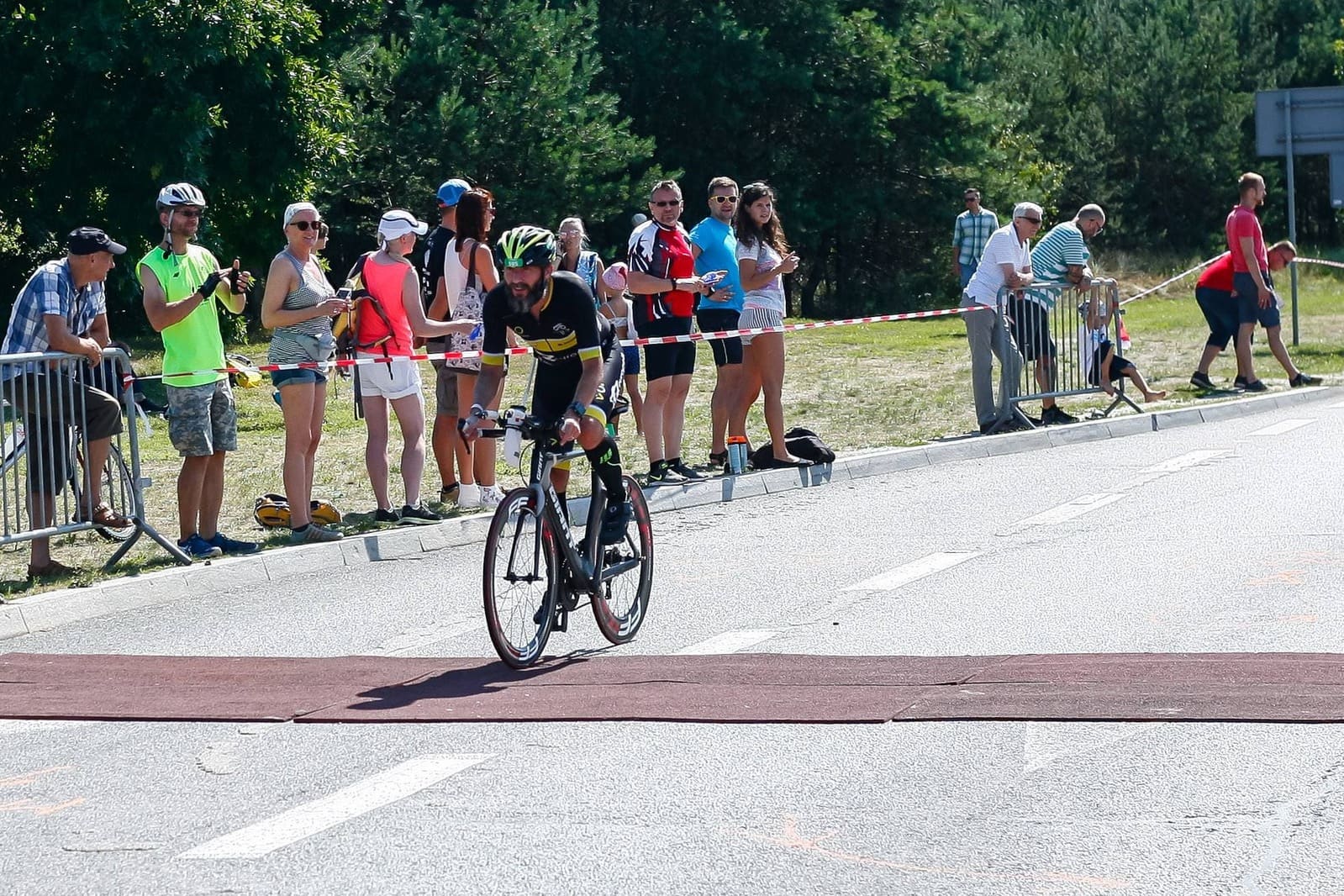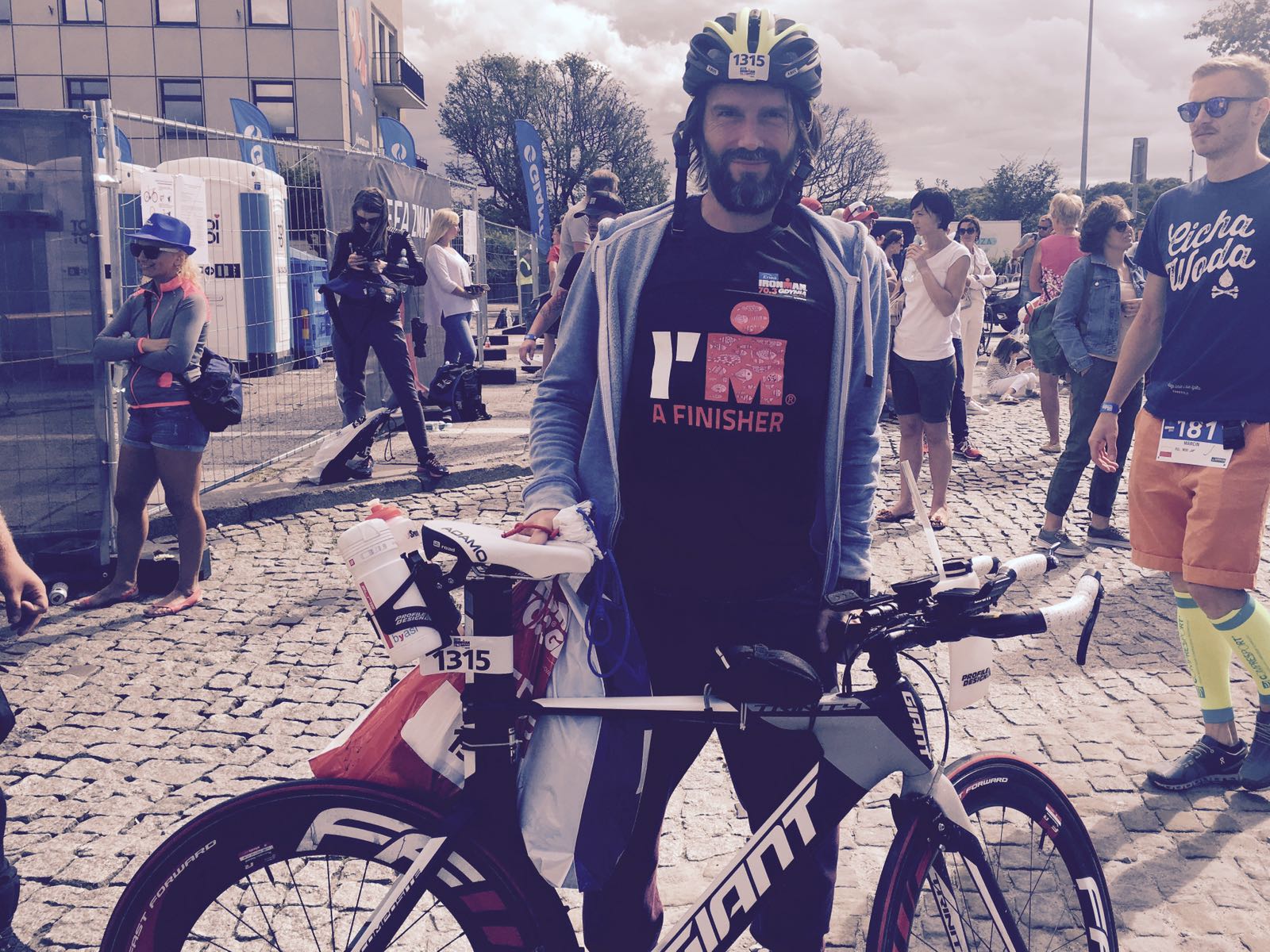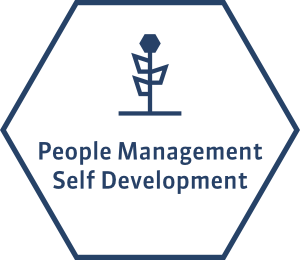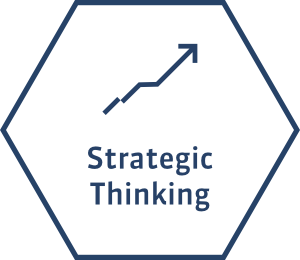Self-discipline as a key to success in every aspect of our lives
What we really need to be successful at work or life in general? Take advantage of the experience of Marcin Safranow – IT Director in Vectra S.A., MBA GUT Alumni 2011-2013. Transform his knowledge into your work success.
I am always wondering what we really need to be successful at work or life in general. That is not an easy question to answer, but I think proper execution is key. It is not that hard to build a strategy – you organize a workshop, spend couple of days in a nice place (the better the place, the better the strategy) and your new 2020 Strategy is ready. But remember, even the best strategy will fail with poor execution.
The same applies to project management methodologies. You can spend ages deliberating whether projects should be managed based on standards developed by PMI or PRINCE2. Each of these will have pros and cons, and this automatically creates a huge space for consultants to help you with selection. But believe me, it does not matter that much. Each approach will fail if implementation is not done right, and nobody will follow.
Another example of this is skills. You and your team can possess new skills or competencies, but if these skills are not used they will become useless. Over one year it is much more efficient to learn a new language each day for 15 minutes than 10 days of intense training, and takes the same amount of time overall.
But please don’t get me wrong here, strategy is very important, and so are people skills or the way you run your projects. I am just willing to say that strategy is even not half of the success. Execution matters the most.
So can we help ourselves with execution? By practicing self-discipline that you will then apply to yourself, and to your team members.

What is self-discipline?
Based on the Cambridge Dictionary definition, self-discipline is the ability to make yourself do things you know you should do even when you do not want to.
Successful people have a lot of self-discipline and that comes with hard work. This leads us to the statement that the key difference between people who are successful and those who are not is hard work. Hard and smart work of course. Hard work on every element and a lot of small steps that will lead to perfection. As a famous sport coach once said, extraordinary success comes as a result of many very ordinary actions. Do not trust Facebook stories of young millionaires who become rich because of some new investment formula or spectacular idea they have discovered. Those are usually fake stories, just to make you buy their book or training session or invest money with them. There is no magic there – work hard, smart and in a consistent way, and you will be successful.
Hard work is not always pleasant and even very successful people do things they do not like. But they do them, no matter if they have fun or not. As the Nike marketing slogan says: Just do it! The good news is that everyone can learn how to work hard and do things they don’t like.

Sport can be the answer
I was never a fan of sport. In preliminary school it was one of the subjects I did not enjoy much. I would watch football on TV but not play it myself.
When I turned 30, I noticed that my belly had become bigger and my weight had gone up. I said “stop” and bought myself running shoes for 10 USD. The first kilometres were not easy, but at the end came the satisfaction that I had managed it. I started running two or three times per week, and felt very well, with visible progress on each run.
Motivation
Of course, doing things without purpose is hard, so I had to find good reasons to run. The first reason I have already mentioned: get healthy and lose a few kilos. I was also having a pretty tough time at work, so running was very relaxing and gave me time for myself. With proper oxygen intake I was finding solutions to serious challenges that I am sure I would not be able to discover in the office. I was also able to listen to audiobooks. It was time very well spent.
Small goals and small celebrations
As they say, appetite comes with eating, so I was looking for my next goal in my running journey. Why not enter a 10km race, just to check how fast I could be and how it works? So, after few months of running I signed up for a 10km run in my hometown of Gdansk.
On a race day I felt very excited, but of course also felt under pressure as my intention was to be quite fast. I had not been racing during my training, so I was not sure what it meant to be fast. Is 40 minutes fast? 50 minutes? Or maybe 1 hour? The best runners do 10km in about 30 minutes, and today I know that getting below 40 minutes is pretty tough. I was able to finish my fist 10km run in 47 minutes. I made it to the finish line, and I was not that slow.
WOW! I felt really happy about it.
How to become even better?
Regular running is very addictive. Once I have felt what does it mean to cross a finish line, I wanted more. I have also found that my approach to the training was not the best. It was working well at the beginning, with clear and visible progress, but despite my running routine I was not becoming much faster. That is when I engaged a running coach. He told me what I was doing wrong, and why I was not getting the progress I wanted. I also decided that I would like to run a full marathon, and I wanted to finish it in under 4 hours. So, my next goal and motivation was the Warsaw Marathon, 6 months away. We developed the plan and I started executing it.
My coach told me about super compensation theory: the next training session works better if you do it straight after recovery, when you form is raised, not before or after. This is an oversimplification, please read more about it if you are really interested. So, I knew I could not skip or postpone training sessions. Training order and timing was very important – I had to run no matter if it was raining, snowing, or windy. I had to properly plan my time so that both business and family were not scarified. Simple, hard, but also doable.
Habit
Executing my training plan wasn’t easy, believe me. Who likes to go out when it is 6°C outside, with heavy rain and high winds? Not many. Who likes to wake up at 6am on Sunday and go out running, when his whole family is sleeping? Not many. Days pass, but finally you will build a habit. And it will become kind of automatic. You simply stand up, put shoes on, go out and run.
Different research studies show that discipline is a muscle and as with every muscle you can train it. It takes time, but with each day that muscle becomes stronger and stronger.

What it has to do with the business?
A lot! First, if you want to do something, you need to realize why you want to do that. With my running, the reason was poor fitness and unnecessary weight. In business the why can be market changes, new competition, cost pressures, digital transformation, and so on. Second, you can start on your own and you make some progress, but at some point you will need a coach or somebody experienced enough to devise a plan. This must be good for your company, the market you are in, and of course lead to the target. In my running journey, the coach I had worked with told me that I was doing badly with my own training plan. Although it could work for 5 or 10km races, I would never be able to finish the marathon. We had to seriously modify the plan to fit the purpose (a 42km run), and also fit my body and my availability.
But still – plan execution is the key element. An average plan with perfect execution will lead to much better results than the best plan with average execution.
Just do it!
Now I come to my conclusion: sport is a great tool to train your self-discipline, and self-discipline will help with execution. You simply learn that you have to do your job, despite the weather or mood. You build the habit of following the plan. You build the habit of adjusting the plan if something happens (like sickness). You build the habit of proper time organization. All those habits become part of your life, and you start applying them to your business, automatically. Start with why, then find a coach, build a good plan with small steps and small celebrations, and execute it. It is as simple as that! If you will have some problems with motivation, think for a while why you are doing this, and simply do it. Or even don’t think, do not overcomplicate. Just do it.
Marcin Safranow









